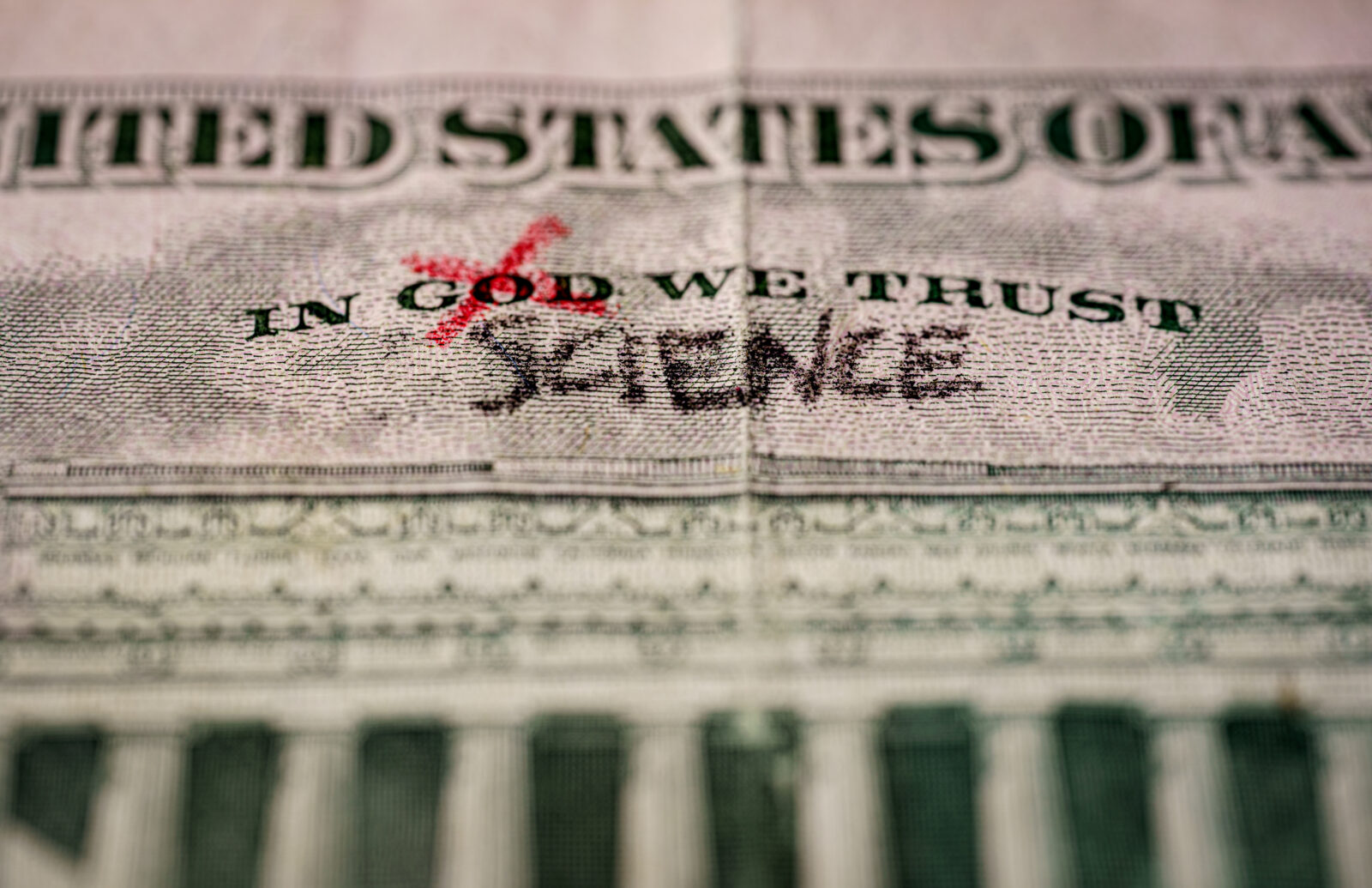Stephen Meyer on the Crisis of Trust in Science
Is modern science a search for truth or a search for power? How can we restore public trust in the scientific enterprise? On this ID The Future, we’re delighted to share a recent conversation between bioethicist Wesley J. Smith and philosopher of science Dr. Stephen C. Meyer.
In an exchange that lasts just over an hour, Smith and Meyer touch on a variety of topics relevant to the public’s view of the scientific enterprise. Meyer explains how scientific materialism came to dominate modern science after Darwin and why he helped found the Discovery Institute’s Center for Science and Culture in the 1990s to help combat the rise of such scientistic thinking. He shows that the argument for intelligent design comes from open inquiry and a careful evaluation of all the possibilities. He also explains why openness and competition are essential to scientific progress.
The conversation then turns to how recent developments have eroded public trust in science. Meyer explains the potential pitfalls of both consensus science and peer review, as well as the need for quality control in science that is fair and balanced. “We have two different concepts of science in play today,” says Meyer. “Science as consensus, science as settled, science as a consensus view of a particularly privileged group of elites, versus science as open inquiry; as a dynamic enterprise that is openly evaluating the best evidence that we have. That version of science is what we need to be supporting.”
This interview originally aired on Humanize, a podcast of Discovery Institute’s Center on Human Exceptionalism.
Dig Deeper
- Listen to more episodes of the Humanize podcast!
- Enjoy more articles, videos, and courses from Dr. Stephen Meyer at his website StephenCMeyer.org.
